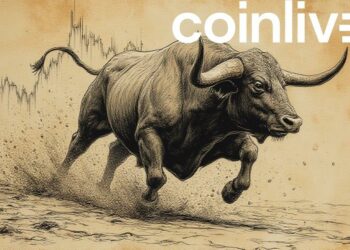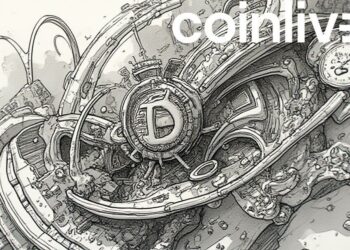TRENDING
Bitcoin draws relative-value flows amid macro volatility
February 19, 2026
Hyperliquid opens $28M D.C. policy center for DeFi rules
February 18, 2026
Bitcoin tests Phase 2 bear setup as risk-off saps liquidity
February 18, 2026
Bitcoin sees miner withdrawals; 36K BTC exit exchanges
February 18, 2026
Kalshi odds steady as Supreme Court weighs tariff case
February 18, 2026
Next
Prev
Market Analysis
Editor's Choice
Bitcoin draws 5-min Polymarket Up/Down bets after launch
Polymarket 5-minute Bitcoin price markets, BTC Up/Down prediction market, high-frequency trading bots Data shows 5-min settlement centralizes liquidity in bots.
Ethereum Eyes $9,600 Target Amid Institutional Interest
Ethereum's price may reach $9,600 following institutional investments and market trends.
Binance Launches Bonding Curve Token Model via Wallet
Binance introduces a new Bonding Curve Token Generation Event model with Four.Meme, launching Hyperion tokens on July 16, 2025.
Ethereum Foundation, Whales Drive $500M ETH Sell-Off
Ethereum's $500M ETH sell-off driven by Foundation's sales, whale activity, hacker liquidations.
Bitcoin holds around $49k as ETF outflows strain miners
Flow data shows $1.8B left ETFs as fees fell to 0.7%, pressuring miners; analysts cite IMF backdrop in Bitcoin $49k...












